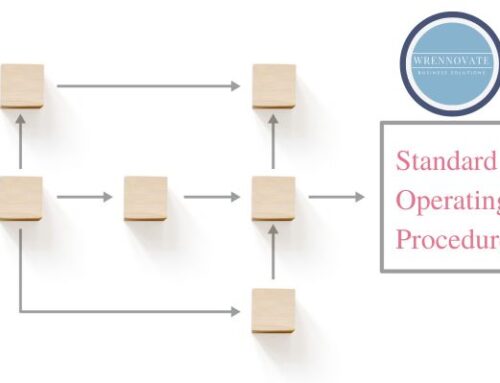Article by Contributing Writer:
Colleen Delveccio
Burnout is real and results in decreased employee engagement, lower productivity, higher
absenteeism and greater turnover. With 76% of employees experiencing burnout (Gallup, 2019)
even before the pandemic, burnout is a workplace crisis.
The World Health Organization (WHO) now has included burnout in the 11th Revision of the
International Classification of Diseases (ICD-11) as an occupational phenomenon. And the Mayo
Clinic defines burnout as a special type of work-related stress — a state of physical or emotional
exhaustion that also involves a sense of reduced accomplishment and loss of personal identity.
"Burnout" isn't a medical diagnosis. It typically occurs when you feel overwhelmed, emotionally
drained, and unable to meet constant demands. As the stress continues, you begin to lose the
interest and motivation that led you to take on a certain role in the first place.
Whatever the cause, job burnout can affect your physical and mental health. Just like when a
pebble creates a ripple when you throw it into a pond, the negative effects of burnout spill over
into every area of life—including your home, work, and social life. Burnout can also cause long-
term changes to your body that make you vulnerable to illnesses like colds and flu.
Not surprisingly, the effects of burnout don’t stop when you walk out the office door. Those
who consistently experience high levels of burnout are two times more likely to strongly agree
that the amount of time their job takes makes it difficult to fulfill their family responsibilities.
Even scarier, burned-out employees are 23% more likely to visit the emergency room. 63%
more likely to take a sick day (Gallup, 2019).
Here are 5 ways that you can banish burnout for yourself right now:
1. Acknowledge that you are burnt out
You have to admit that you are burnt out to actually begin to do something
about it. Some signs of burnout include indecision, inability to sleep, losing
patience with people, and a general feeling of overwhelm.
2. Know and use your strengths
Start by knowing your strengths. If you have not done so already, take the Gallup
CliftonStrengths assessment. Once you've completed the assessment, it's ideal if
you work with a coach to learn more about your strengths and how to apply
them at work everyday. Studies by Gallup have shown that people who focus on
their strengths experience 57% less burnout, are six times more engaged in their
jobs, and have 81% lower absenteeism 81%.
3. Talk to your boss
Start by figuring out what you need to actually decrease your burnout and then
go talk to your boss about it. Things like more flexibility at work, better
communication around tasks, more reasonable timelines to get work
accomplished, consistency of work, and scheduled time off are some of the
things that can help reduce burnout in the workplace. Think about what could
work best for you and then go ask your boss about it.
4. Learn to say no
Know your limits! whenever you say yes to something you're saying no to
something else. Each time you go to say yes, think about what you are giving up
in order to complete that. For example, when you say yes to volunteer at the
local community center on Saturday mornings, you're saying no to having
breakfast with your family or taking your dog for a walk.
So how can you say no? Find a statement that works for you and use that
regularly. "I need to think about it first” or “Right now my priority is.." or “What
an interesting opportunity! I'll get back to you next week about it.” Practice your
statement until you can say it with ease and then use it regularly!
5. Take a break
When most people are feeling burnt out or overwhelmed, they tend to double
down and work harder, thinking if they just get through this one task things will
get better. But that typically is not the case! What you really need to do is pause.
Take a break. Take a vacation. Get away from the work and get a new
perspective.
Start by choosing one of these five things to do right now, today. As you learn to lean into your strengths, say no, take more breaks, and talk to your boss, you will find that your sense of burnouot begins to decrease.
ABOUT THE AUTHOR:

Colleen DelVecchio
www.maxady.com
colleen@maxady.com
Colleen DelVecchio is the Chief Strategist and Owner at Maxady LLC. She has a passion for
empowering individuals and businesses to leverage their strengths, increase employee
engagement, and navigate increasingly complex business environments. She is a certified
Gallup CliftonStrengths Coach, engagement consultant, keynote speaker, and career coach.
With over twenty years of experience in helping teams prevent burnout, strengths-based
leadership, organizational change and staff development, she guides teams to maximize each
person’s ability to increase their impact, performance and job satisfaction.
Colleen has a BA in psychology from Boston University, and an MS in nonprofit management
from Bay Path University.
Share This Story!
RELATED ARTICLES







